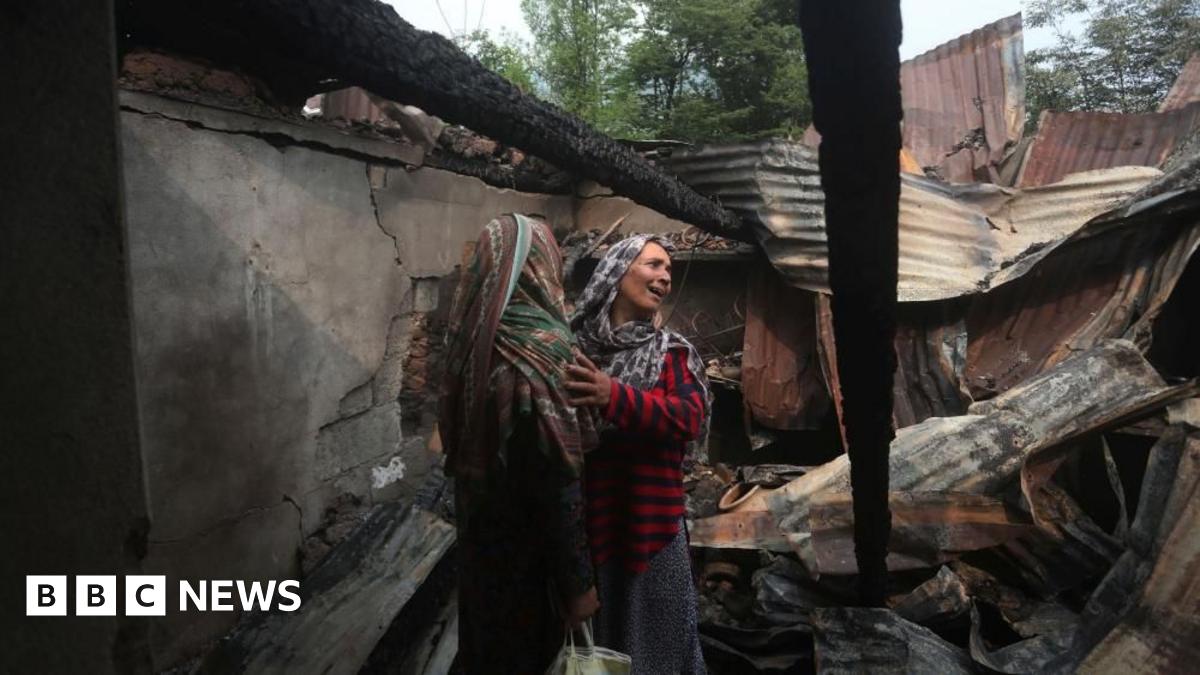The Escalating India-Pakistan Crisis: A Call for Global Intervention










2025-05-09T03:56:15Z

The ongoing crisis between India and Pakistan has escalated to alarming levels, prompting nations around the world to call for immediate calm and restraint. As tensions rise, the situation poses great risks not only to the two countries involved but also to regional and global stability.
The conflict intensified following India's air strikes, which were reportedly a response to ongoing tensions. In retaliation, Pakistan claimed to have shot down several Indian jets, a statement that has not been confirmed by Delhi. Initially, there seemed to be a possibility for both nations to claim some form of 'victory' and subsequently de-escalate the situation. However, the reality is far more complex and fraught with danger.
The potential for prolonged conflict looms large, as any continued tit-for-tat military engagements could spiral into a larger, more destructive confrontation. Historically, during previous conflicts, it was often the United States alongside a few other global powers that intervened to apply pressure on both New Delhi and Islamabad to de-escalate tensions. This time, however, the lack of strong diplomatic engagement raises concerns about what may come next.
With nationalist sentiments flaring on both sides, the atmosphere has become charged, pushing the two nations closer to open conflict than they have been in recent decades. The rhetoric from both governments is increasingly aggressive, making it more difficult to envision a peaceful resolution. Without a robust intervention from the United States or a coalition of other global actors, it appears that the cycle of accusations and counter-accusations will persist.
In this critical moment, countries in the Gulf region, including Qatar, Saudi Arabia, and the United Arab Emirates, which maintain close diplomatic and economic ties with both India and Pakistan, have the potential to play a pivotal role in mediating the situation. Enhanced diplomatic efforts from these states could facilitate dialogues aimed at reducing tensions.
While the priorities of the current U.S. administration have seemed focused on issues such as tariffs, relations with China, and the Ukraine-Russia conflict, the urgent need for a concerted international effort to mitigate tensions between these nuclear-armed neighbors cannot be overlooked.
 Marco Rinaldi
Marco Rinaldi
Source of the news: BBC